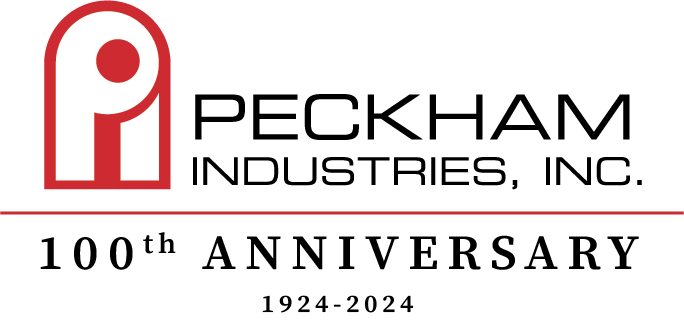Sustainability Practices at Peckham Industries

Peckham is dedicated to reducing its environmental impact across all business operations. As part of these efforts, Peckham has joined the Wildlife Habitat Council to build a set of voluntary conservation activities that are consistent with its values of being good neighbors and stewards of the environment.
As part of any proposed quarry development, Peckham Industries supplies a quarry reclamation plan to indicate how it will return the quarry to nature at the end of its mining activities. Once retired from use, most quarries become ponds and lakes, supporting area wildlife and contributing to the ecosystem on the surrounding land.
Peckham Industries is a proponent of recycling asphalt whenever possible in its road and highway paving activities. The company’s recycling services offer cost-effective, cutting-edge road rehabilitation methods including full-depth reclamation and cold in-place recycling, which are ideally suited to reconstructing deficient pavements and base materials by recycling 100% of existing materials. Reusing existing materials is friendly to the earth: trucking costs are eliminated, fuel use is greatly reduced, and no new aggregates need to be used.
The asphalt industry overall is dedicated to reusing materials whenever possible. According to the U.S. Department of Transportation, the use of recycled materials, primarily reclaimed asphalt pavement (RAP) and reclaimed asphalt shingles (RAS), in asphalt pavements reduces the amount of raw materials required to produce asphalt mixes and materials going to landfills. In fact, asphalt pavements are recycled at a rate of more than 99 percent being put back into use. In 2019, 97 million tons of RAP and 1 million tons of RAS were collected for re-use, saving nearly 60 million cubic yards of landfill space.
(Source: U.S. Department of Transportation, Federal Highway Administration. (2019). Status of the nation’s highways, bridges, and transit – conditions and performance: Report to Congress. https://www.fhwa.dot.gov/policy/23cpr/pdfs/23cpr.pdf)



